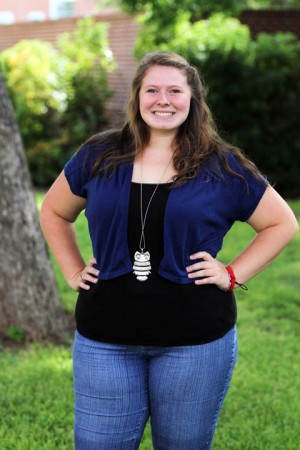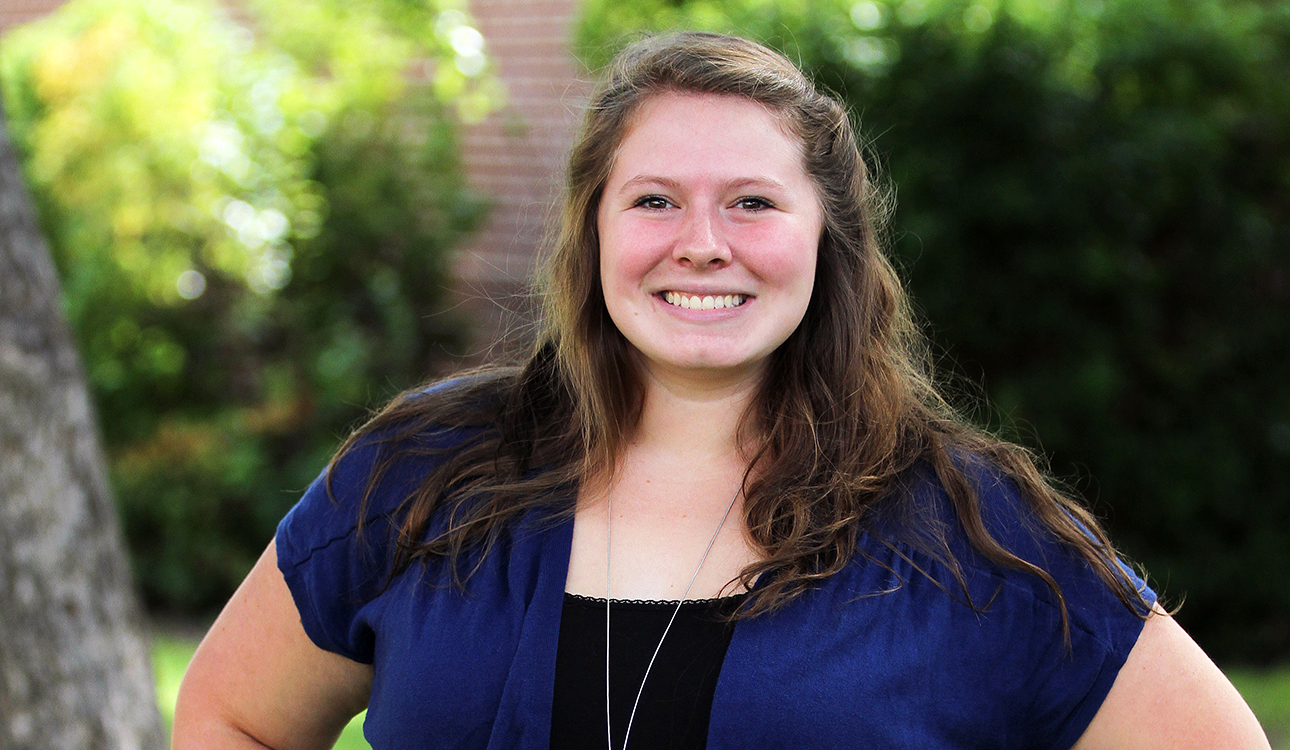
By Linda Wilkins
City Editor
We’re becoming a culture of zombies without guts. We mindlessly wander through life hoping to run across something to stimulate us. We shy away from responsibility, yet we still feed ourselves with a constant bombardment of trivial social media posts, celebrity stories and the latest fashions.
Excuse the zombie reference — I’m taking the “Zombie Apocalypse and Christian History” course — but if you take a minute to consider what I’m saying, you may find that I’m right.
The other day I was skimming through tweets from Baylor students about All-University Sing. Some of them were funny, some of them were shout-outs to friends who performed and others were downright nasty.
Some people tweeted hurtful and terrible remarks about other performers. While some people might actually say these things to someone’s face in real life, I began to wonder whether most would actually have the guts to do so.
My conclusion? Nope. Most people, myself included, have used social media as a mask to write things to others that they’d never actually say in person.
It doesn’t stop there.
Some people use social media as a way to be someone they actually aren’t. I’m not talking about making fake profiles, but rather exaggerating our reality to be something more, something we believe others would be jealous of.
Thomas White, a blogger for the Huffington Post, wrote about the “Social Media Mask” and how people have come to use it as a way to make themselves into something they really aren’t. He even writes that the image of ourselves we create on social media is oftentimes unattainable in reality.
What I find interesting is that this idea is the foundation of the 2009 movie “Surrogates” starring Bruce Willis. People stay at home, hooked to a machine that allows them to control a robot or their “surrogate.” The surrogates are physically attractive, capable of anything except actually thinking. People do not interact with one another except through their surrogates and rarely, if ever, leave their homes.
Facebook and Twitter are our surrogates. We live vicariously through these outlets. We update our statuses in the hopes we get numerous likes or shares on them. The comparison to the Willis action film gets stronger when we recognize that the surrogates are capable of doing what humans can’t — or won’t — do in real life. With the fear of getting hurt physically or emotionally, these people are stuck in their homes.
Likewise, we’re stuck on our phones. If we aren’t ranting about something on Facebook, we’re reading someone else’s rant.
We hide behind tweets and status updates because it seems safer that way. We can’t get seriously hurt or actually hurt anyone else if we’re only on social media, right?
Wrong. Words, whether expressed in writing or aloud, can be painful to digest.
In the movie, it takes Willis’ surrogate to malfunction for him to realize how horrible the world has become. And, spoiler alert, he takes down the corrupt society. In the end, people leave their homes, trying to figure out what happened to their surrogates. They actually meet each other in person. It’s like in “Wall-E” when the computer breaks for one of the people floating along in her chair. She suddenly realizes how beautiful space is and she bonds with another human.
While I acknowledge that our society will continue to rely on social media, I do encourage people to be more real with the image of themselves they portray using statuses and tweets. In addition, realizing that social media should not be used as an outlet to hurt someone else could just make us a little more human. Authenticity is lacking in our culture.
If we continue like we have been, then we’re going to allow social media to perpetuate the mask and we’ll continue to descend into mindless use of technology. We’ll hide in the shadows of our laptops and phones.
Linda Wilkins is a junior journalism and religion double major from Tyrone, Ga. She is the city editor for The Lariat.





